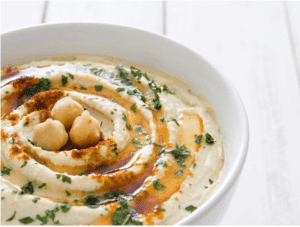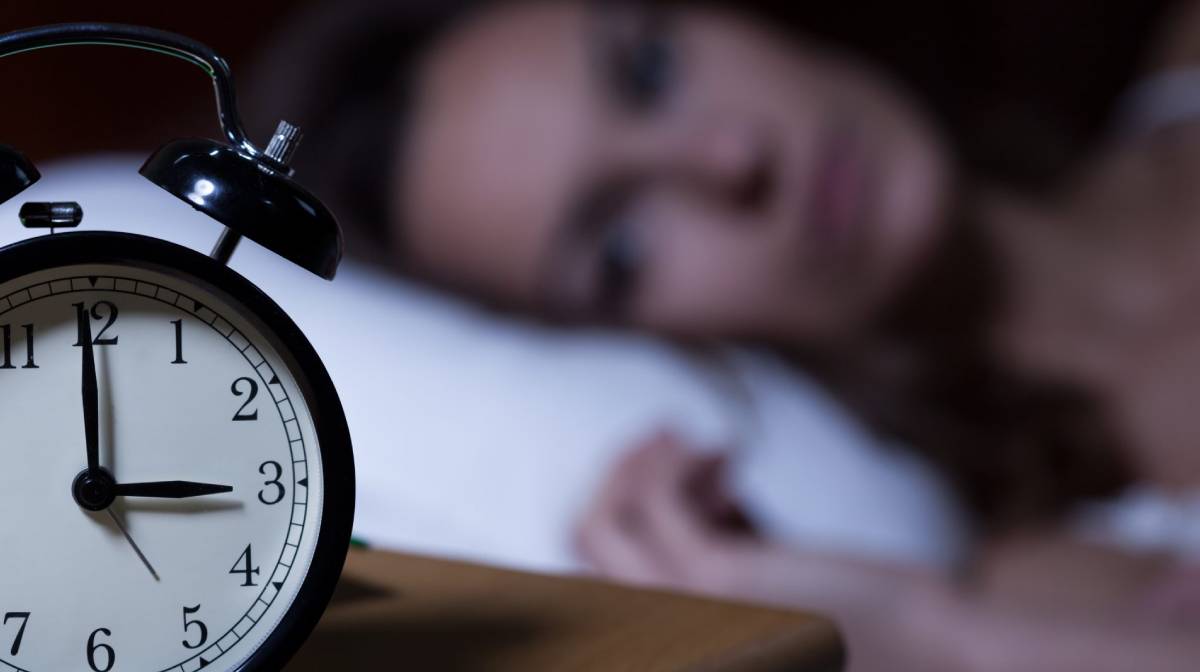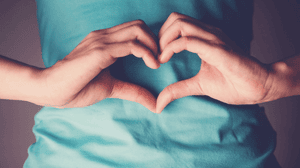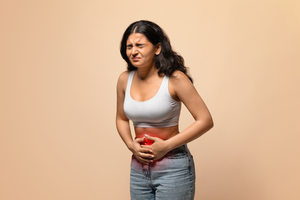
An exciting discovery caught the attention of health and wellbeing author and presenter, Dr Michael Mosley while doing research for his documentary The Truth About: Sleep. Scientists at the University of Colorado Boulder conducted a study to find out if sleep can be improved by prebiotics – dietary fibres which feed good bacteria inside the gut. The research suggested that the answer to a good night’s sleep may lie in the gut. “We found that dietary prebiotics can improve non-REM sleep, as well as REM sleep after a stressful event”- Robert Thompson, the first author of the study published in the journal Frontiers in Behavioural Neuroscience. Dr Mosley decided to test the theory out for himself in the documentary which first aired in May 2017; he took Bimuno® DAILY powder, for 5 days and discovered that the quality of his sleep improved.
At the end of the 5-day trial, Dr Mosley was certainly starting to notice the effects which ended up in the supplement being given a 9 out of 10 for effectiveness and improving his sleep.** Bimuno Daily was the only prebiotic supplement he took during the documentary.The ResultsProfessor Philip Burnet PhD from the Department of Psychiatry at the University of Oxford tracked Dr Mosley’s sleep patterns over the course of the experiment and the results speak for themselves. The day before Dr Mosley took the prebiotic fibre, 79% of his time in bed was spent sleeping, inactive. While 21% of his time was spent awake. Just 5 days after taking the prebiotic fibre, the amount of time Dr Mosley spent asleep went up to 92% and he only spent 8% of his time awake.
Watch the full BBC documentary here – The Truth About… SleepHow Might Prebiotics Help You Sleep?It all starts in the gut. The gut is full of trillions of bacteria, known as the microbiota or microbiome and these bacteria have been shown to play a role in everything from our mental health to weight gain and now, it seems, potentially the quality of our sleep. The microbiome is made up of many different types of bacteria, some more useful, ‘good’ bacteria and some potentially more harmful. Not to be confused with probiotics which are live bacteria, prebiotics are a special kind of fibre which act like fertiliser for the ‘good’ bacteria in our gut, encouraging them to thrive and drown out the potentially bad bacteria.
Professor Philip Burnet explains:“Basically, your good bacteria break down this fibre to produce molecules called short-chain fatty acids. These are the things that might be having an effect on your sleep. Of course, when this prebiotic grows good bacteria, the bacteria themselves have beneficial effects, like synthesising vitamins and beneficial effects to the bowel and the immune system.” “The breakdown of the prebiotic fibre itself produces beneficial molecules and the bacteria themselves, once they’re established, actually produce other molecules that benefit your gut and your brain. So perhaps it is these short chain fatty acids being produced that is affecting your sleep.”
Where to Find a Good Source of PrebioticsPrebiotics are naturally occurring and ideally we should get them from food but supplements are an effective way of consuming them if this isn't possible. Examples of naturally occurring prebiotics are as follows:
- Lentils
- Chickpeas and hummus
- Butter beans
- Lima beans
- Leeks

How Might Sleep Affect Your Gut Bacteria?
Sleep researchers at Uppsala University in Sweden have compared the effects of varying levels of sleep on the gut bacteria of individuals. The limited study suggested that, after just two nights of reduced sleep participants’ levels of certain strains of bacteria significantly decreased – some by nearly 50%. This is important because, when it comes to your gut environment, it’s all about the balance between ‘good’ and potentially ‘bad’ bacteria. There is a need to conduct additional large-scale studies to prove the effects of sleep on the gut bacteria, and indeed the effect of prebiotics on sleep.
Top Tips for a Good Night’s Sleep Daytime routine:- Try to get up at the same time every morning - Waking up at the same time every day will stabilise your circadian rhythm
- Go outside for a walk in the morning light- Exposure to sunlight in the morning can improve energy and alertness
- Add prebiotics to your diet, either through high fibre foods such as beans and lentils, or through a prebiotic supplement
- Avoid alcohol - Although alcohol may help you fall asleep, you may find yourself waking in the middle of the night
- Practice mindfulness - Mindfulness evokes the relaxation response and has been shown to help with falling asleep
- Try taking a warm bath before bed, but make sure your bedroom is nice and cool - Research suggests a drop in temperature could improve sleep quality
- Remove all electronic equipment from your bedroom - This simple step will reduce both mental activity and light exposure, helping you to wind down before sleeping
* Source: BBC1 TV programme The Truth about Sleep
** In the programme Dr Mosley found that his sleep patterns improved while he was taking Bimuno® DAILY powder. It should be noted that no formal clinical investigations have been conducted to assess the impact of this supplement on sleep patterns.

Related Articles








